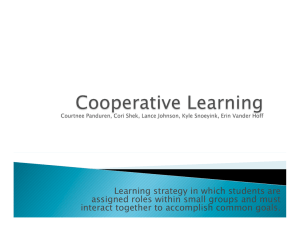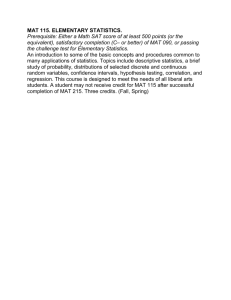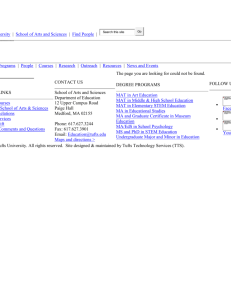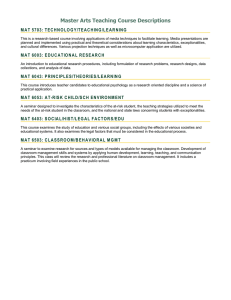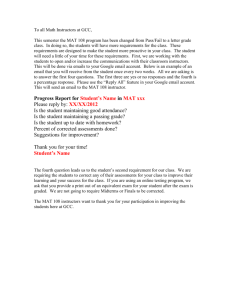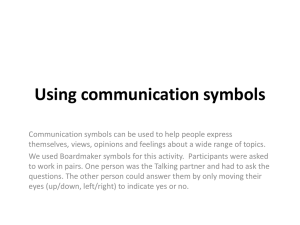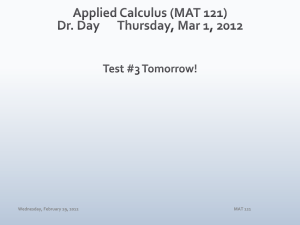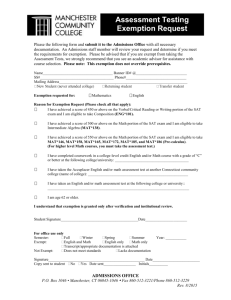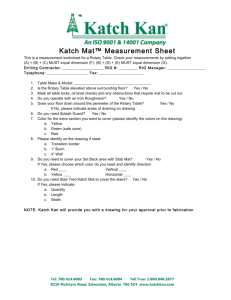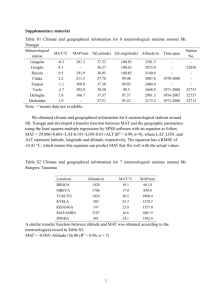Cooperative Learning Courtnee Panduren, Cori Shek
advertisement
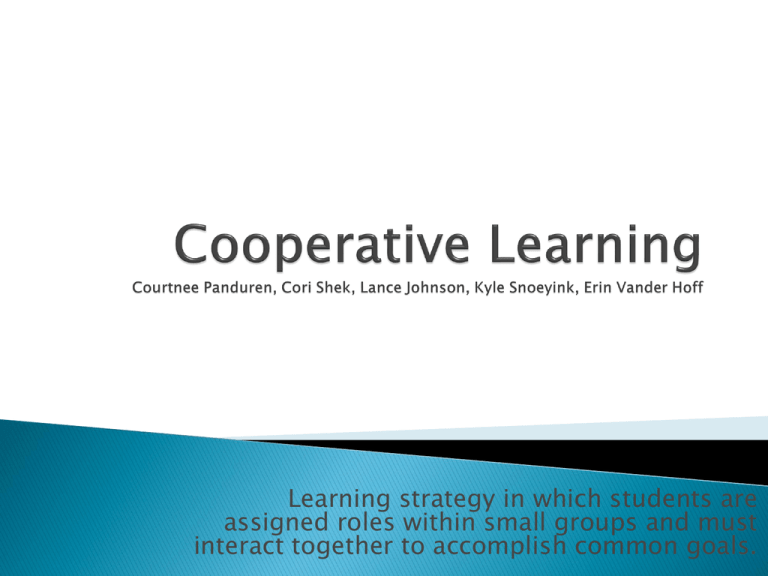
Learning strategy in which students are assigned roles within small groups and must interact together to accomplish common goals. Small groups = students more engaged. Students may often switch roles to learn different aspects of the activity/sport. Learned values: teamwork, compromise Increases in: cognitive abilities, effective communication, overall understanding of material. Have students work with partners Pose a question and give students time to answer Share answers with partner Teacher calls on one of the partners to respond to the question Assign students to four member groups Present the lesson and provide instructional materials (informational sheets, checklist of critical features of motor skills) Have groups ensure that all team members master the information Assess the individual participation in group, or a group assessment can be used Students work in groups toward common goals using problem based learning Problems are solved through group participation and interaction Individuals work toward a group outcome Gives students opportunities to perform different roles Assign students to home teams of four to six members Have each member of the home groups select a different piece of material to learn Example: If students are covering softball the teams will divide up pitching, base-running, batting, and miscellaneous rules. Next students form expert groups with other individuals from different home groups to discuss information and develop a presentation for their home teams Students return to their home groups to present their information learned in their expert groups Important to have an assessment afterwards http://www.youtube.com/watch?v=6tX82ShUmg&feature=related Each tribe given various supplies such as a raft (folding mat) or an arrow (playground ball) These resources are used to complete the challenges listed on a card These challenges are completed when students work together to perform various fitness activities Tribes that successfully complete all challenges listed on their card earn the right to participate in the final Survivor challenge Final challenge requires students to work together so that their entire group can cross the finish line of an obstacle course developed by the teacher First tribe to have all members finish becomes the Survivor champion Form class into either two or three teams. Set up Cones to make a “river” down the center of the gym, river can vary in size as students become more familiar with the game Give each team one scooter and two or three carpet squares. Explain to them that their mission is to get their entire team across the "river" without having anyone touch the radioactive river. If any member of the team touches the river at any time, the whole team must start over. In groups of 5-10, students work together to manipulate a gym mat. Following are three suggested challenges. Challenge 1 - Groups of 5 move the mat across gym. Students may not touch the floor and must stay on top of the unfolded mat. Challenge 2 - Begin with the mat folded and all students on the mat. They must unfold it without touching the floor. If they succeed in unfolding the mat, have the students refold the mat without touching the floor. Challenge 3 - Groups of 10 (combine 2 groups) move across the gym using two mats. Following the activity, hold a debriefing session with the groups and discuss communication, cooperation, or other related and important topics. Role: Always Sometimes Contributed ideas Put forth best effort Accepting of others’ ideas Teammates would agree to be on my team in the future Give examples of why you rated yourself in each category: Never As an instructor… 1.Create an assessment that allows for multiple outcomes 2.Create and assessment that reflects the lesson focus 3.Assess in all domains 4.Goals 5.Criteria 1. 2. 3. 4. Assign groups that are as diverse as possible Make sure the activity you chose focuses on what you are trying to promote - - “Fairness” Use activities that can challenge a wide range of abilities Let students know EXACTLY what you are looking for Students learn to be accountable to a team Enhances self-esteem Improved relationships with classmates. Improved classroom environment Pros Students may be inefficient time managers. Unengaged students put teammates at learning disadvantage. Students may feel it is okay to be inattentive since instruction is being given by their peers. Cons Cafedurhamcollege. “Learning Jigsaw.” 17 December 2010. Online video clip. Youtube. Accessed on 30 January 2012. http://www.youtube.com/watch?v=6tX82ShUmg&feature=related. Metzler (2005). Instructional models for physical education (2nd e.d). Scottsdale, AZ: Holcomb Hathaway Publishers Inc. Mohnsen, B.S. (2008). Teaching Middle School Physical Education (3rd edition). Human Kinetics: Champaign, IL. http://pecentral.com/lessonideas/searchresults. asp?subcategory=cooperative+learning
